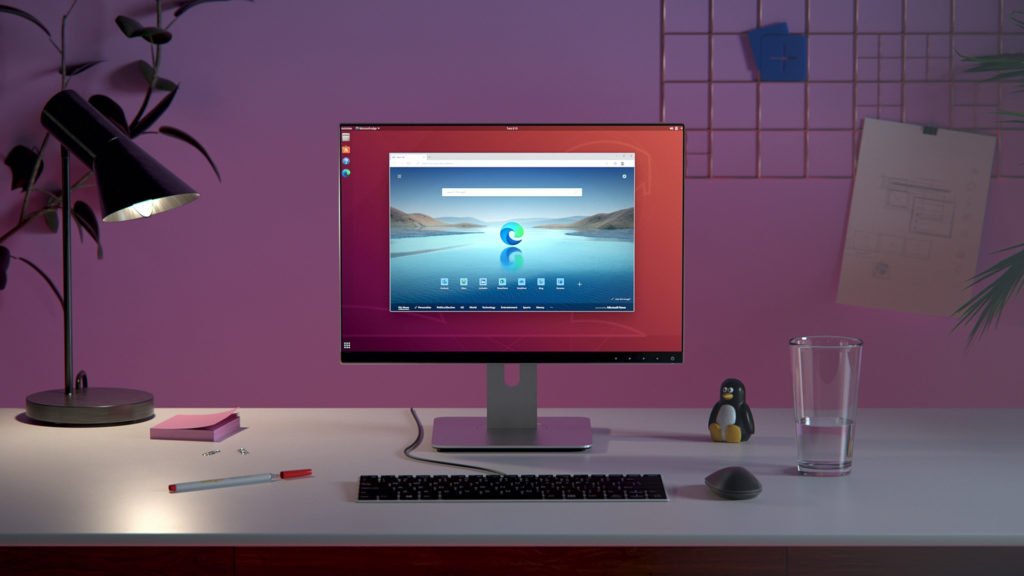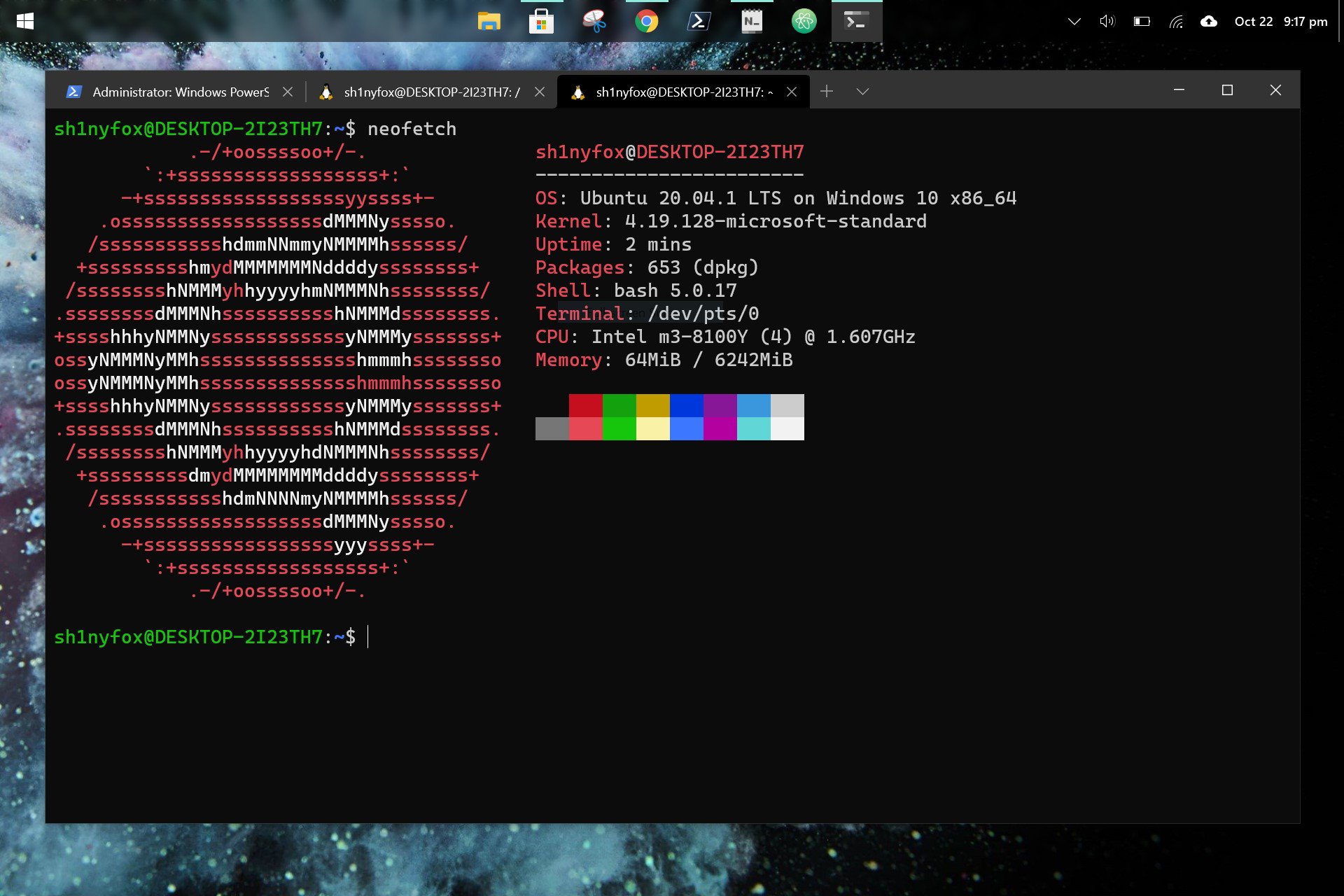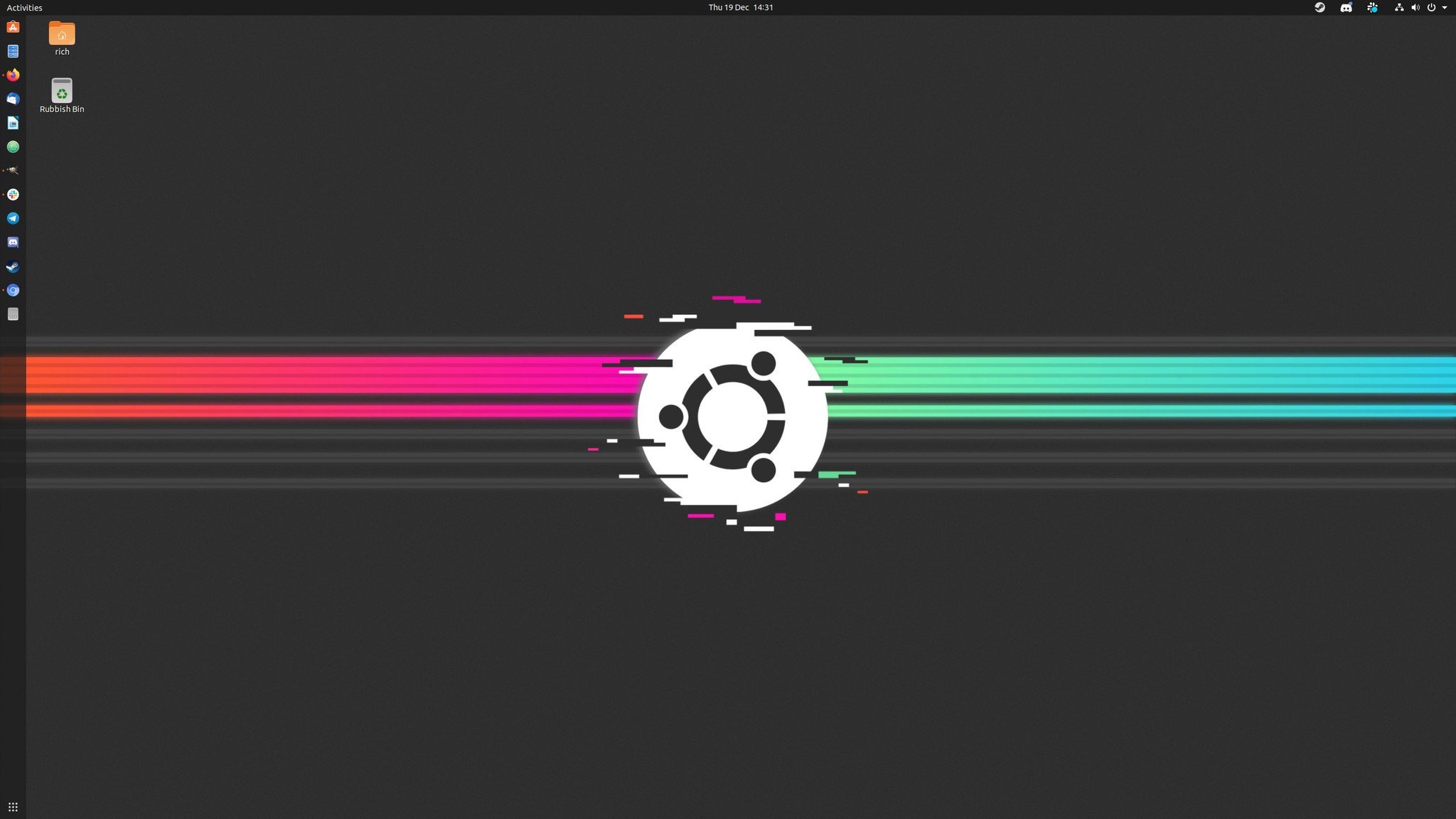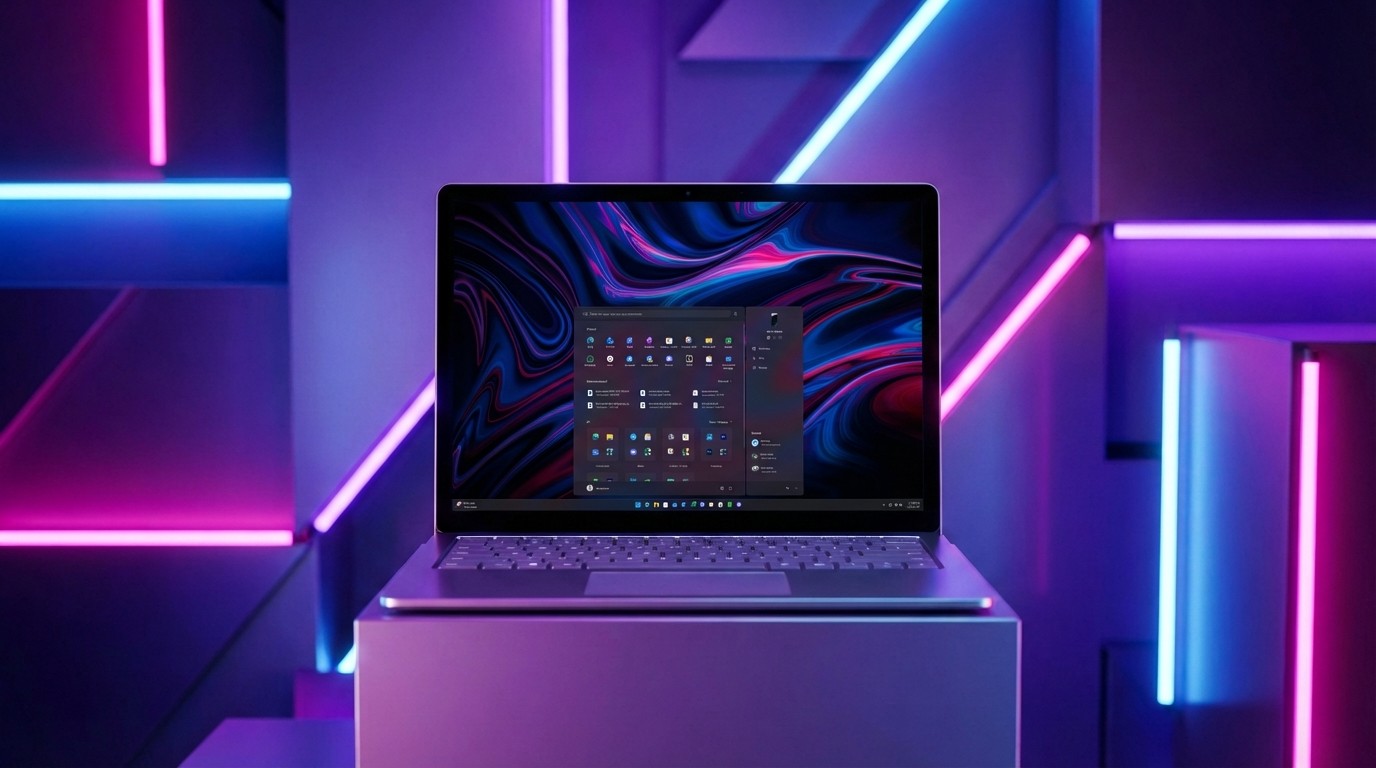Can Linux steal the desktop PC crown from Windows? Experts weigh in.
Everyone's favorite penguin isn't done waddling forward.

All the latest news, reviews, and guides for Windows and Xbox diehards.
You are now subscribed
Your newsletter sign-up was successful
"The year of Linux" kind of, sort of comes every year, wherein a few more people give it a try, and enthusiasts continue to love it. It's an OS that's gotten better for gaming and one that's made such an imprint on Windows Central that not all of us even bother much with Windows anymore.
Heck, Germany (part of it, to be specific) is taking another stab at ditching Windows for Linux. Many tiny pieces of the global pie are abandoning Windows in favor of the freedom of Linux and the cost-cutting benefits it entails. The question is, regardless of merit, does it stand any sort of chance of eclipsing Windows' PC market share in the short term or long term?
That is the tantalizing question at the kernelled core of the great Linux debate, and it's the one we reached out to analysts to hear their thoughts on.
It's here, even if you don't see it

Linux can be a bit of a ghost. If you look at where it resides, desktop PCs are the tip of the iceberg. It's invisibly sifting around in the background of a great many technologies.
But while Linux may be a starting point for those in the appliance device space (say, someone cooking up a competitor to the Xbox Series X), when it comes to desktop PCs, the foreseeable future is dominated by Windows.
Gartner VP Analyst Steve Kleynhans addressed that point, elaborating on where the actual fight lies. "The biggest challenge to Windows on anything that looks like a PC is probably Chrome OS," he said, stating that Linux and Windows are not in a head-to-head fight on the PC. "Could Linux continue to grow? Yes. But it's not likely to grow as a direct competitor replacing Windows."
He acknowledged the enthusiast population, while also citing the appliance device relevancy and another subsection of Linux users out there. "There is also a large body of users using Linux, who don't realize the fact," he said. "These are when Linux is used as the embedded OS on a terminal or thin client." He qualified that remark by adding, "We don't count these as true Linux use."
All the latest news, reviews, and guides for Windows and Xbox diehards.
However, while Linux does have its place in the world and crops up more often than people may realize, Kleynhans didn't see it as taking the business world by storm anytime soon (a space that remains a key pillar of Windows' operations). "Many enterprises are trying to move away from dealing with the technical nitty-gritty of managing a platform and as such have little interest in learning a new platform — regardless of what possible benefits it might bring," he said.
True year of Linux, some other year

Every year is a special year for Linux in some way, shape, or form, but in terms of eating Windows' lunch, that's probably not in the cards for a long time, if ever.
Forrester Senior Analyst Andrew Hewitt gave figures to further bolster the argument that Linux is a long ways off from toppling Windows. "Overall, just 1% of employees report usage of Linux on their primary laptop used for work," he said. "That's compared to 60% that still use Windows, and small numbers that use Chrome OS and macOS on a global basis. It is very unlikely that Linux will overtake Windows as the main operating system."
With that said, Hewitt did foresee diversification and growth when it came to Linux, Chrome OS, and macOS, but nothing to a degree that would signal Windows is at risk of losing its dominant market share.
"We commonly see Linux used in Virtual Desktop Infrastructure (VDI) deployments," he stated, mentioning that he'd expect growth there since "VDI has grown 2% year over year according to our 'State Of VDI, 2021' report."
In other words, Linux isn't taking the average user's PC world by storm or crowding out the best Windows laptops anytime soon, but the platform and its distros are making ripples in other sectors. Will they become waves? We won't know for a while, based on current figures.

Robert Carnevale was formerly a News Editor for Windows Central. He's a big fan of Kinect (it lives on in his heart), Sonic the Hedgehog, and the legendary intersection of those two titans, Sonic Free Riders. He is the author of Cold War 2395.
